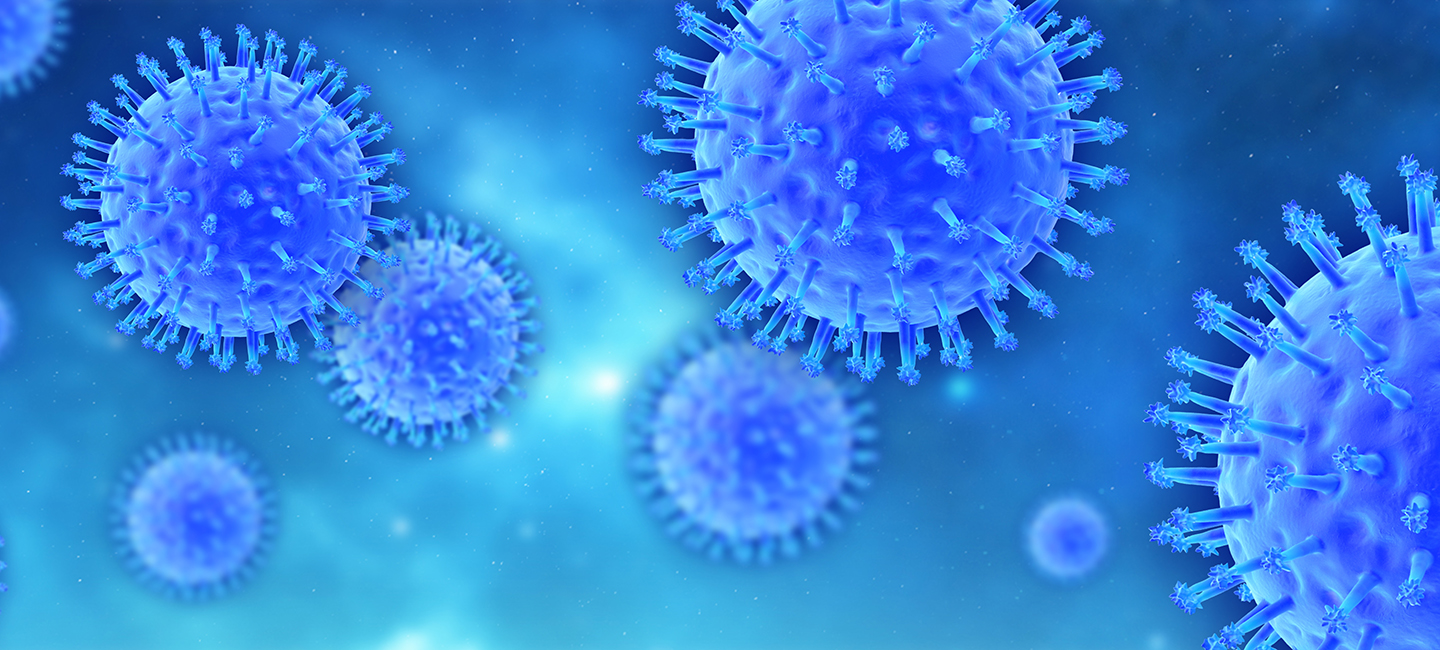A Universal Flu Vaccine?
Even though very few of us look forward to it, an annual flu shot can help fight against the aggressive seasonal l illness, which scientists say is off to an intense start this year. It’s a necessary inconvenience that helps ward off pandemics and keep us as healthy as possible.
But what if flu shots were only needed every other year, every third year or even less than that?

Dr. John Greene
That would be hugely beneficial, according to Dr. John Greene, Moffitt Cancer Center’s infectious disease expert, especially for cancer patients who have compromised immune systems during treatment.
“Chemotherapy and immunotherapy and transplant and its immunosuppressive therapy can reduce an immune response to vaccines,” said Greene, “That immune response can last from one to three months or up to three years.”
An experimental flu shot being developed by researchers is a long way from the market – possibly as long as a decade. But early indications say that the “universal flu shot’ would not only be more convenient, but safer and more effective.
Current flu shots can only protect against four strains of the flu, meaning those who manufacture the shots are making educated guesses as to which strains will be more dominant each season. The proposed universal flu vaccine would protect from every strain of flu and would ideally just create the virus’ protein.
Most of our immune systems do a decent job fighting back against the flu. However, that’s not the case for cancer patients, who are more vulnerable to complications from the flu. While the flu is typically responsible for chills and aches and pains in healthy people, in cancer patients it can cause respiratory failure or secondary bacterial infections, which may lead to life-threatening pneumonia. Plus the flu tends to linger longer in cancer patients.
Would a universal flu shot work for cancer patients?
Greene said yes. “Since this would not be a live virus vaccine, it would be safe. However, the problem in some patients is that they may not mount an immune response.”
The timing of the vaccination, specifically for cancer patients, would be key, Greene added. Even with the modified virus, an immune system would still need to be healthy when the new vaccine is injected.
The search for a universal flu shot has been ongoing for decades, but one version has finally made it to a Phase 3 clinical trial for the first time ever and more seem to be headed that way.
That makes scientists and doctors hopeful that by 2030, a real universal flu shot could be available to everyone.



